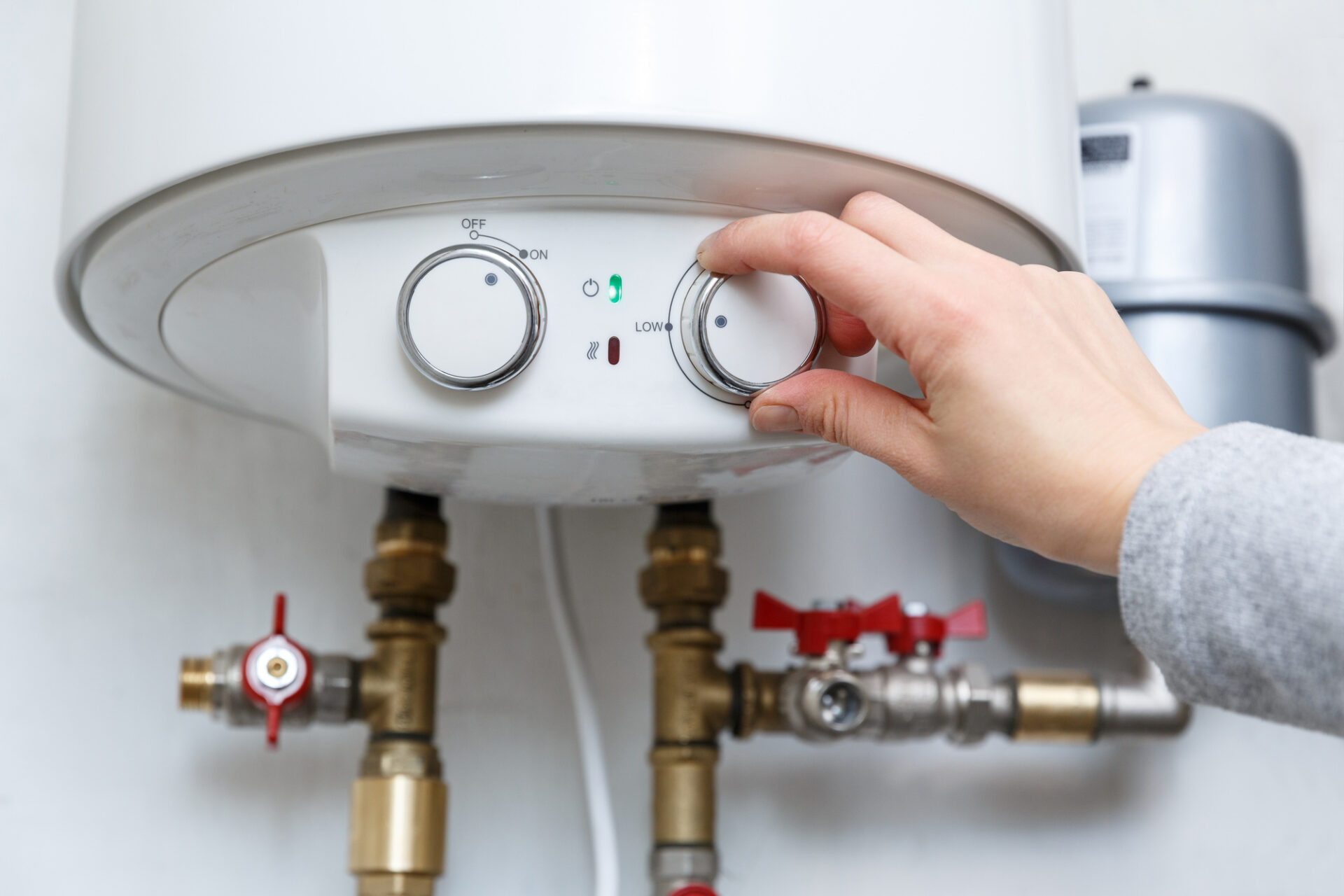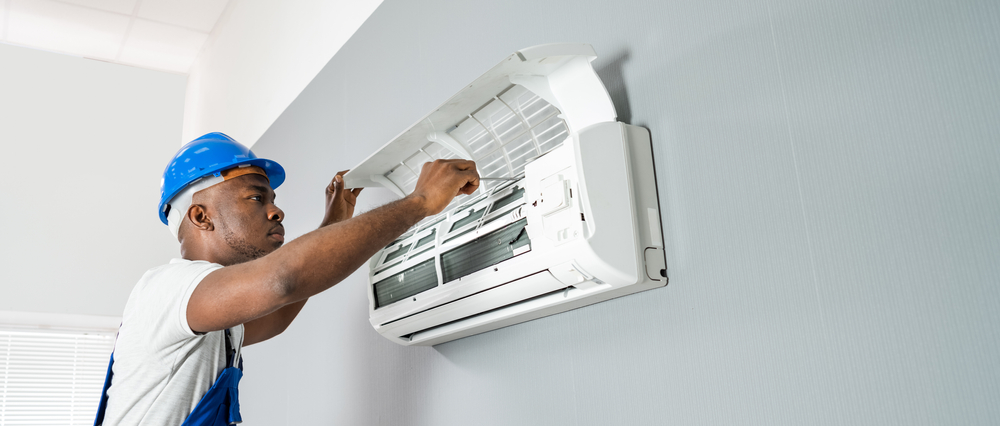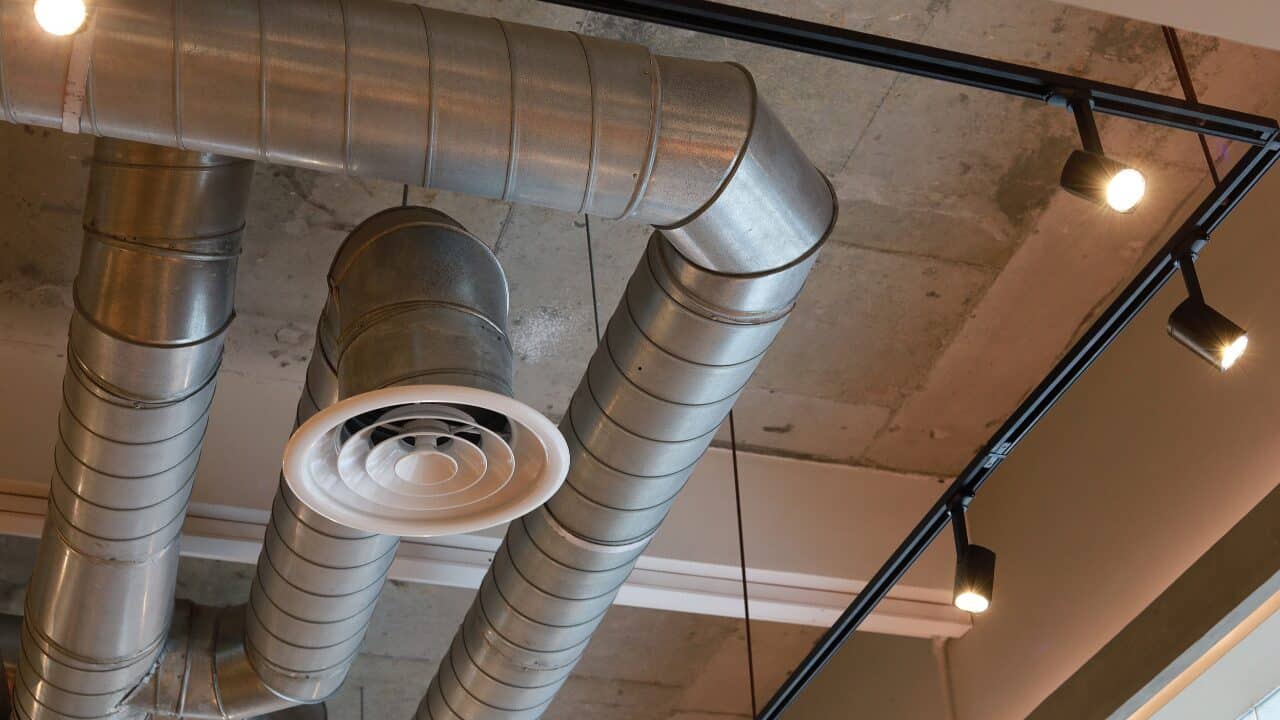Water heating systems are essential for everyday comfort, providing hot water for bathing, cleaning, and cooking. However, like any other appliance, water heaters can encounter issues requiring repair or replacement. Understanding the common problems, repair options, and when replacement is necessary is crucial for maintaining a functional and efficient hot water system.
Table of Contents
Common Water Heating Problems:
1. No Hot Water:
One of the most obvious signs of a problem with your water heater is when there’s no hot water. This could be due to a variety of issues such as a malfunctioning heating element, a broken thermostat, or a sediment buildup in the tank.
2. Insufficient Hot Water:
If you’re not getting enough hot water or if the temperature fluctuates unexpectedly, it could indicate issues with the heating element, thermostat, or sediment accumulation in the tank.
3. Strange Noises:
Loud popping, banging, or rumbling noises coming from your water heater are often caused by sediment buildup at the bottom of the tank. This buildup can affect the efficiency of the heater and lead to premature failure if not addressed.
4. Leaking:
Leaks around the water heater or pooling water beneath it are serious issues that require immediate attention. Leaks can result from a variety of problems, including loose connections, corrosion, or a faulty pressure relief valve.
5. Foul Odors:
If your hot water smells foul or has a metallic taste, it could be a sign of bacterial growth in the tank or a reaction between the anode rod and the water.
Repair Options:
When faced with water heating problems, repair is often the first course of action. Here are some common repair options:
1. Flushing the Tank:
Sediment buildup can be addressed by flushing the tank to remove debris. This can improve heating efficiency and extend the lifespan of the water heater.
2. Replacing Heating Elements or Thermostats:
If the water heater is producing insufficient hot water or none at all, faulty heating elements or thermostats may need to be replaced.
3. Fixing Leaks:
Leaks can sometimes be repaired by tightening connections or replacing faulty valves. However, if the tank itself is leaking, it may need to be replaced.
4. Anode Rod Replacement:
Anode rods are sacrificial components that help prevent corrosion within the tank. If the rod is depleted, corrosion can occur, leading to leaks and other issues.
5. Insulation Replacement:
Insulation helps maintain water temperature and energy efficiency. Damaged or degraded insulation should be replaced to improve the heater’s performance.
When to Consider Replacement:
While many water heater problems can be repaired, there are instances where replacement is the more practical solution:
1. Age:
Most conventional water heaters have a lifespan of 8 to 12 years. If your water heater is nearing or past its expected lifespan and experiencing frequent problems, replacement may be the best option.
2. Inefficiency:
Older water heaters are often less energy-efficient than newer models. If your utility bills are higher than usual or if you’re constantly running out of hot water, upgrading to a more efficient unit can save you money in the long run.
3. Frequent Repairs:
If you find yourself repeatedly calling for repairs or if the cost of repairs approaches or exceeds the cost of a new water heater, replacement is likely the more cost-effective choice.
4. Safety Concerns:
Leaking water heaters pose a risk of water damage and mold growth. Additionally, gas-powered water heaters can present a risk of gas leaks or carbon monoxide poisoning if not properly maintained. If safety is a concern, replacing the water heater is the safest option.
Final Thought :
Water heating repair and replacement are essential for maintaining a reliable supply of hot water in your home. Understanding the common problems, repair options, and when replacement is necessary can help you make informed decisions about maintaining or upgrading your water heating system.
Whether you opt for repair or replacement, ensuring that your water heater is functioning properly is key to the comfort and safety of your household. For expert assistance with water heater repair, replacement, or maintenance, contact Elite Plumbing, Heating & Air Conditioning at 702-263-2665. Our experienced technicians are ready to address all your water heating needs promptly and efficiently. Call Us: 702-263-2665.





